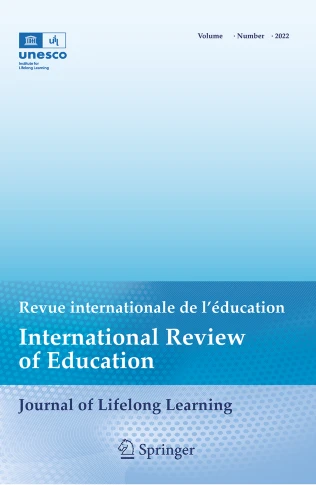The fourth Sustainable Development Goal (SDG 4) of the United Nations (UN) 2030 Agenda aims to “ensure inclusive and equitable quality education and promote lifelong learning opportunities for all”. With over 122.6 million people worldwide forcibly displaced, and the number of refugees globally reaching 43.7 million by mid-2024, focusing on the importance of refugees accessing lifelong learning has become more urgent than ever. Despite this, refugees have been excluded from SDG-related national development plans, monitoring and reporting, raising questions about how the targets agreed in the Global Compact on Refugees and the SDGs are being implemented and met. Education, migration regulation and border regimes that reproduce injustices are fundamental elements of colonial education and have implications for lifelong learning. Education is often presented as crucial to the “integration” of migrants, including refugee people who have come to England. Nevertheless, the British government’s austerity policies, regarded by some as a form of racism, have underfunded the education system. This has made it more challenging for all learners from low-income families, and specifically refugee people, to access adequate education, amongst other rights. This article begins with a look at the assimilationist and apparent neutrality of approaches to education as sponsored by global and national commitments. The author then briefly discusses education as a practice of oppression, with colonial implications, including presenting perspectives from England and Brasil drawn from qualitative and mixed-methods doctoral and postdoctoral research. The article concludes by proposing approaches to enact education and lifelong learning as a practice of liberation rooted in critical, anti-racist and anti-colonial thinking and praxis.
Read the full paper on the Springer website.

